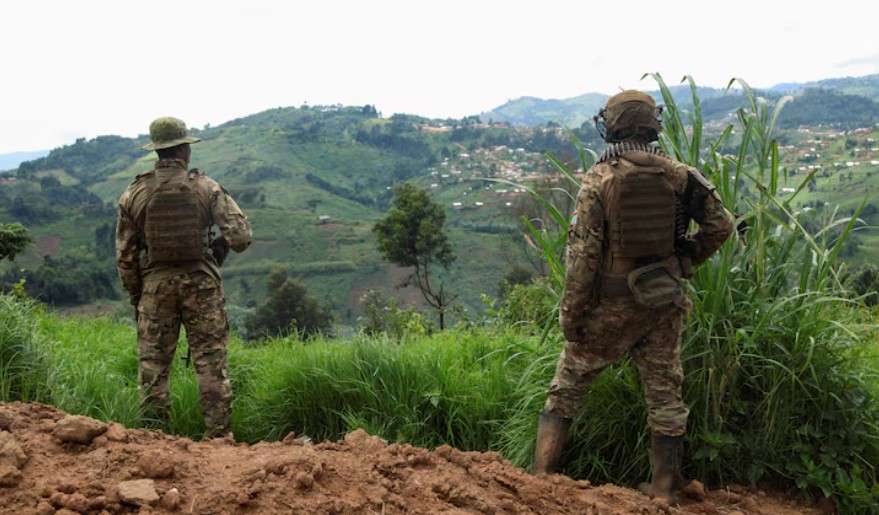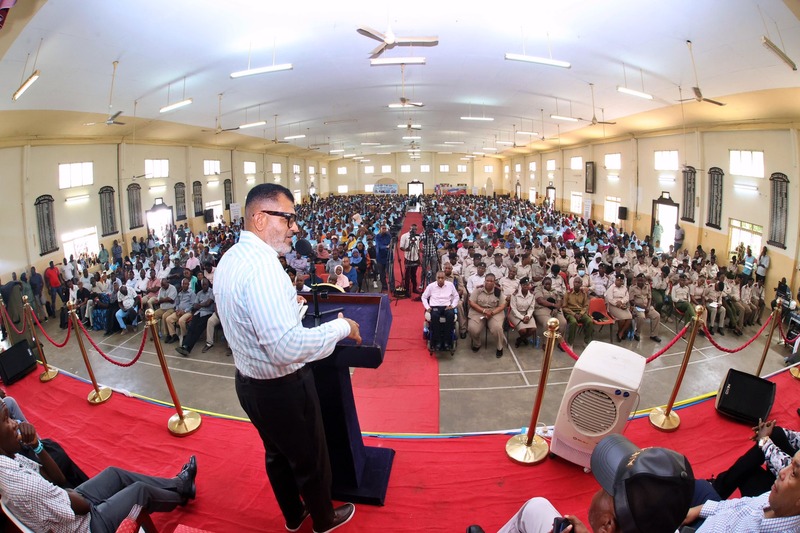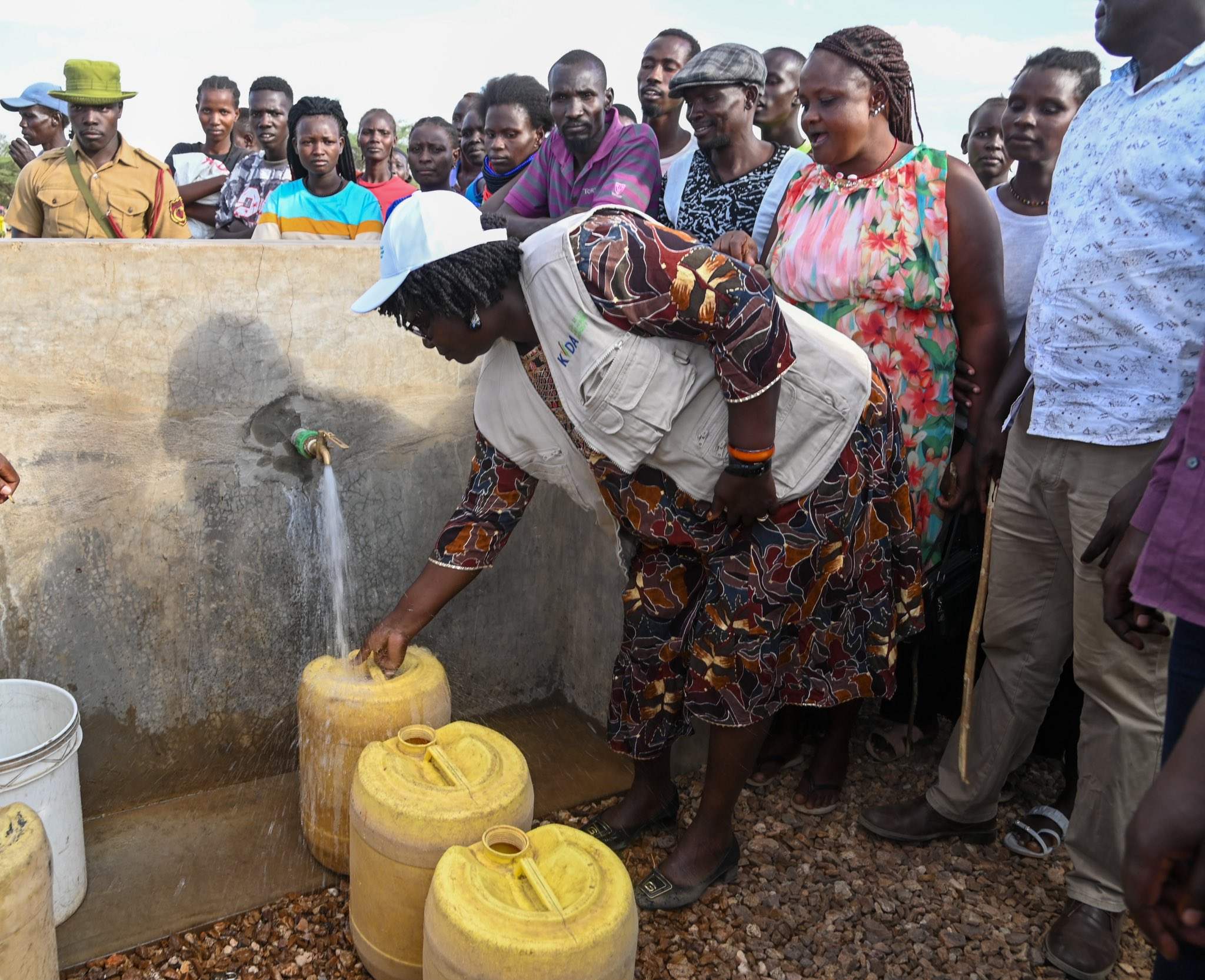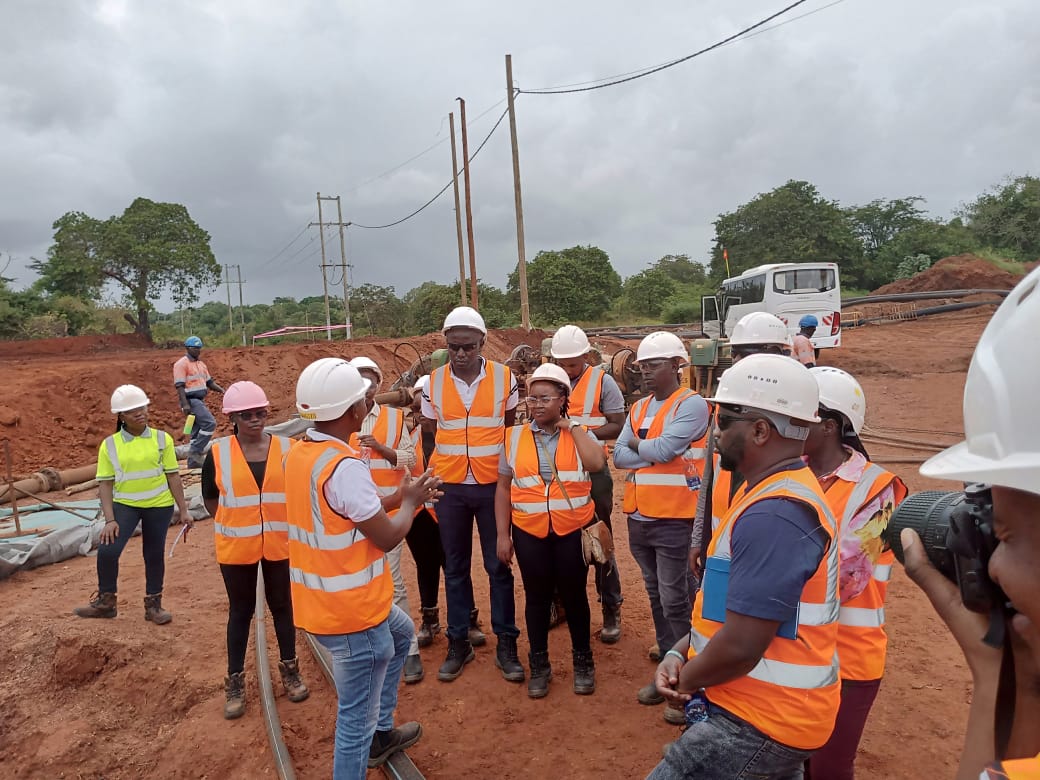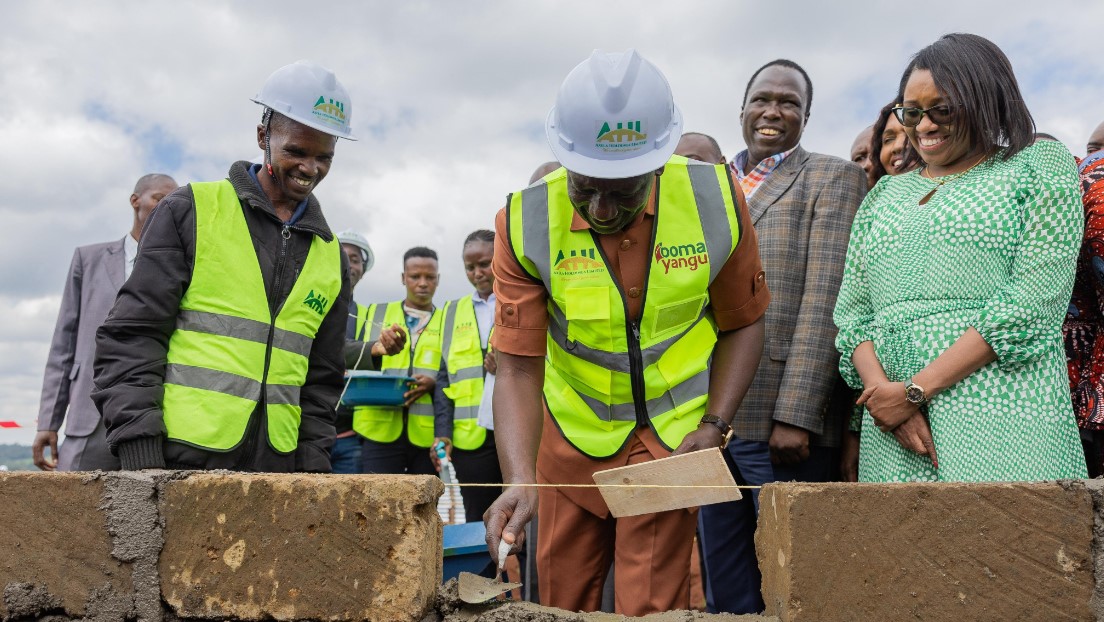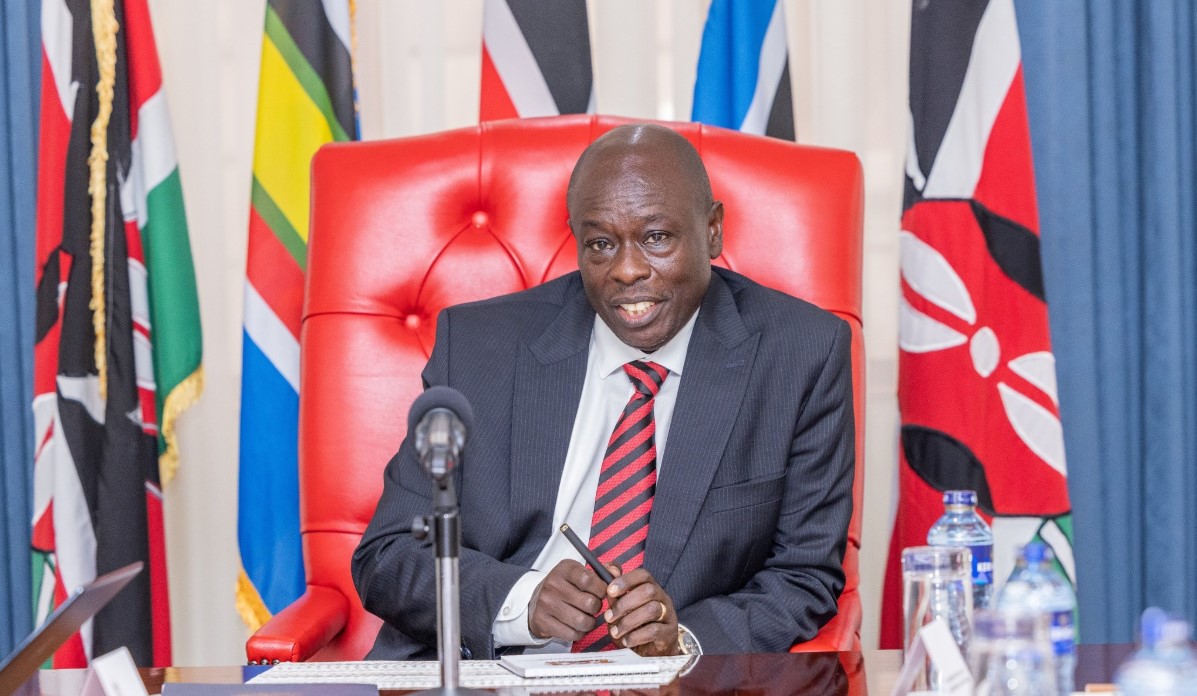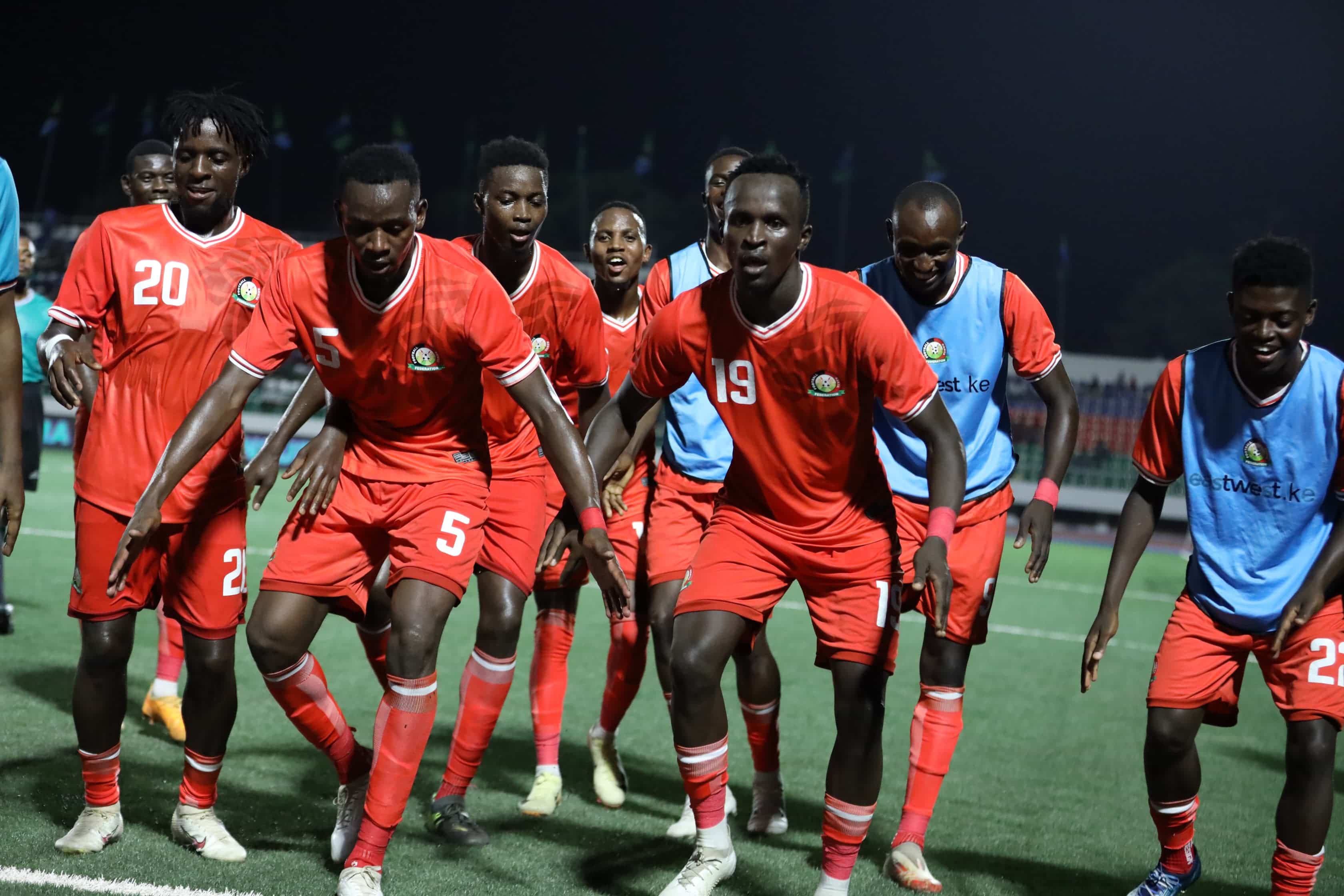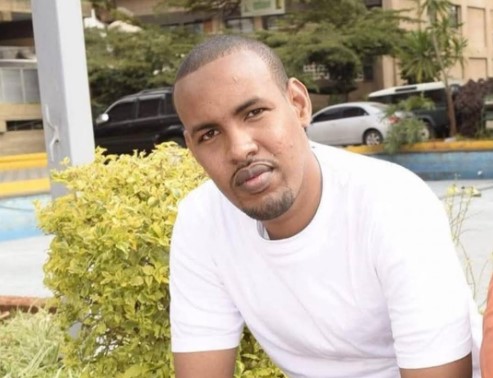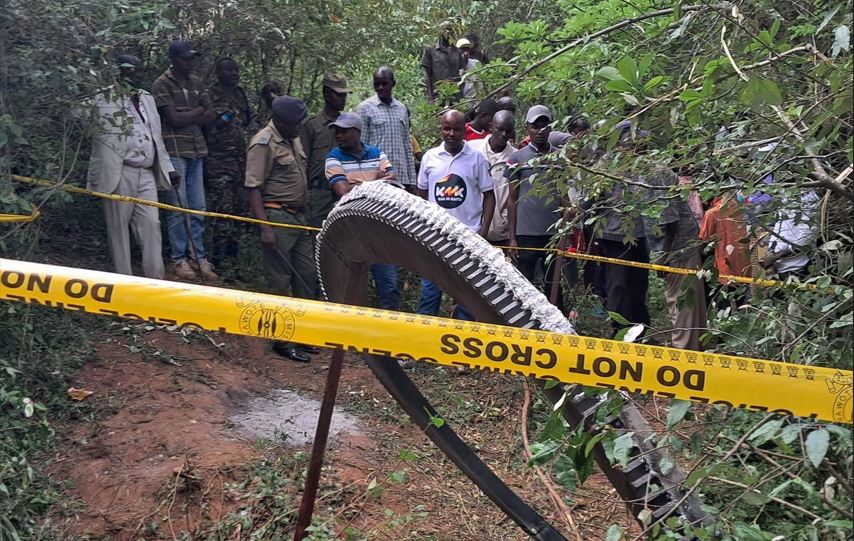New SHA policy places financial burden on parents of teen mothers
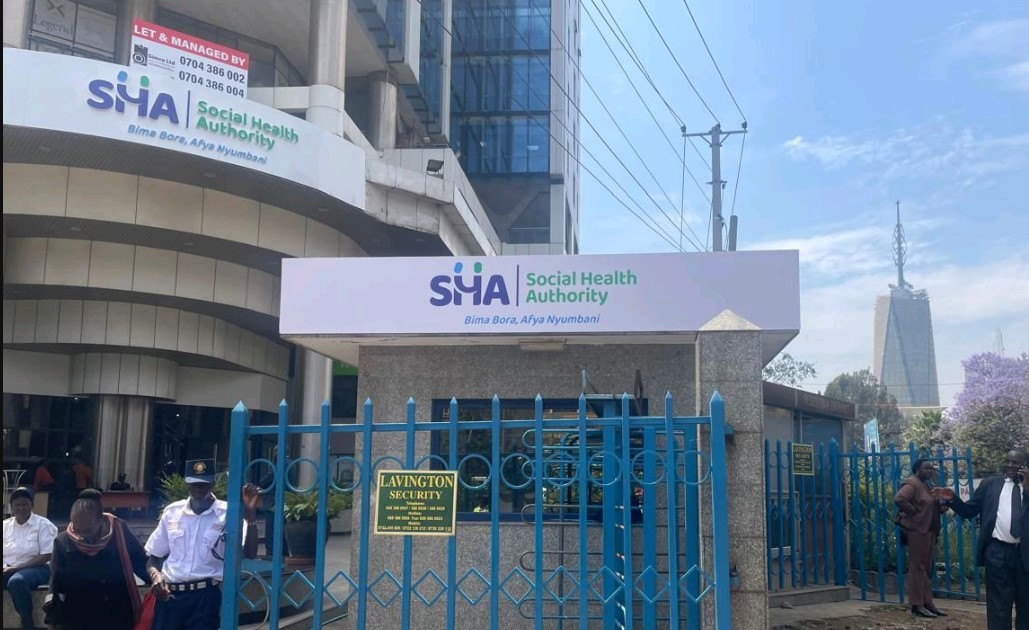
Linda Mama programme has been instrumental in reducing maternal and infant mortality by providing free delivery services.
Teen pregnancy — a double blow for parents, especially when the pregnancy results from defilement or rape — now brings even greater hardships for many in Kenya.
Under the new Social Health Authority (SHA) policy, parents are expected to bear the financial burden of insuring their teenage daughters, which could lead to significant challenges.
More To Read
- Mombasa to lead SHA digital transformation
- Less than 50 per cent of healthcare facilities reimbursed by SHA – Report
- SHIF dilemma for parents grappling with limited benefits, high costs as children return to school
- Confusion and concerns persist as Kenyans struggle with new social health insurance scheme
This shift may create more problems for parents, mothers, and even the girls themselves, particularly in cases where the teens face rejection or stigmatisation.
Access to maternal care remains uncertain as the new year begins, with the SHA programme grappling with persistent challenges.
Expectant teenage mothers, who previously benefited from the free Linda Mama programme, now face the prospect of relying on their parents to cover their healthcare costs. This shift has sparked concerns about the programme’s clarity and its potential to marginalise vulnerable groups.
Teen pregnancy continues to be a significant public health issue in Kenya, with around 13 per cent of adolescent girls and young women giving birth before the age of 18.
Identified independently
The policy incorporates a ‘temporary ID’ system within SHA’s Integrated Healthcare Information Technology System (IHTS), allowing expectant teenagers to be identified independently, addressing previous complications linked to parental identification.
During the signing of a memorandum of understanding (MoU) between SHA and the Murang’a County government, acting SHA CEO Robert Ingasira introduced the new policy. The agreement, which aims to provide healthcare coverage for 31,416 vulnerable households in Murang’a County, includes a means-testing process for teenage mothers to determine their contribution to the Social Health Insurance Fund (SHIF).
“The initial approach required teenage mothers to be identified using their mother’s ID, which led to complications. For teenage mothers, we now have a ‘temporary ID’ option, allowing them to register separately from their parents,” explained Ingasira.
“For instance, some mothers were reported to have given birth twice in one year because their IDs were used for both their own delivery and that of their daughters.”
This new system, currently being piloted at Pumwani Maternity Hospital, offers broader benefits compared to the Linda Mama programme, which provided limited maternity coverage.
“Unlike Linda Mama, our new option provides year-round coverage, ensuring that teenage mothers have access to healthcare services for an extended period,” said Ingasira, adding that a nationwide rollout is in the pipeline across all contracted health facilities.
To rectify these issues, SHA has introduced a special identification number exclusively for teenage mothers. Under this system, expectant teenagers registering at hospitals will also enrol in the Linda Mama programme. Unlike before, they will undergo means testing — a financial assessment process that evaluates their ability to pay for insurance premiums. If a teenager cannot afford the premiums, the government will step in to cover the costs.
The means-testing tool within the IHTS employs advanced algorithms to assess a person’s financial situation. Users are required to answer 17 curated questions about their lifestyle, possessions, and income. Based on their responses, the system calculates the annual premium they are expected to pay.
Community health promoters (CHPs) will play a key role in identifying eligible households. Using devices provided by the government, CHPs will visit informal settlements to evaluate and document the financial capabilities of residents, ensuring they are appropriately categorised.
The second level comprises individuals with no income at all who are classified as indigent. Under the Social Health Insurance Act, premiums for these individuals will be fully covered by the government through funds from both national and county budgets.
For teenage mothers, the process is slightly different. After registering at healthcare facilities, they will undergo means testing to determine their premium. If the teenager cannot afford to pay, the government will sponsor their membership.
“At this stage, the expectant teenager can decide whether to pay the premium or request government assistance,” Ingasira said.
Kenya has witnessed cases of children as young as 10 being impregnated, particularly from underserved communities, while others are married off at a young age in some traditions. This raises concerns about whether many of these young girls will be able to answer questions related to the means-testing score, questions that are typically meant to be answered by their parents.
Teenage mothers who qualify for government support will receive the same benefits as fully paying members. This includes access to healthcare services based on the current tariffs set by the Social Health Authority.
The Linda Mama programme has been instrumental in reducing maternal and infant mortality by providing free delivery services. Since its introduction, the number of hospital deliveries has significantly increased. Data from the Ministry of Health shows that registered deliveries rose from 948,000 in 2016 to 1.19 million in 2019.
Before the programme's inception, many women relied on traditional birth attendants, contributing to high maternal and infant death rates. Maternal deaths in Kenya stood at 488 per 100,000 live births in 2008/09 but have since decreased to 342 per 100,000 live births by 2022.
The Kenya Demographic and Health Report 2022 also notes a significant reduction in neonatal and infant mortality rates, with under-five deaths dropping from 52 per 1,000 live births to 41 and infant mortality falling from 39 per 1,000 live births in 2014 to 32.
Dependents headache
The registration of dependents has been a key headache for many parents, with individuals above 25 years considered as a household and expected to pay, even if some of these individuals still live with their parents, which further strains the family finances.
The initial rollout of SHA has been marked with out-of-pocket expenditures, and the process seems to increase with parents now expected to pay for teenage mothers under this new system.
Unlike the initial arrangement, where people in the informal sector were required to make a one-off annual premium payment, the government introduced monthly payments last year, causing further confusion.
SHA has divided low-income Kenyans into two categories under the new scheme.
The first level includes individuals with irregular income, such as small-scale traders and casual labourers. For this group, the means-testing tool calculates an affordable premium based on their income patterns, with a minimum monthly contribution of Sh300, reduced from the previous Sh500.
According to the World Health Organisation (WHO), maternal mortality remains high, with approximately 287,000 women dying during and after pregnancy and childbirth in 2020.



